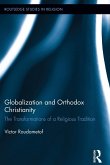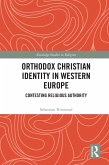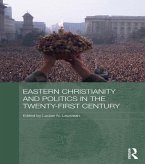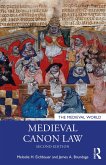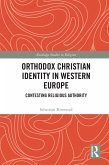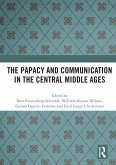While deeply engaged with history, this book does not simply narrate the history of Orthodox Christianity as a world religion, nor does it address theological issues or cover all the individual trajectories of each subgroup or subdivision of the faith. Orthodox Christianity is the object of the analysis, but author Victor Roudometof speaks to a broader audience interested in culture, religion, and globalization. Roudometof argues in favor of using globalization instead of modernization as the main theoretical vehicle for analyzing religion, displacing secularization in order to argue for multiple hybridizations of religion as a suitable strategy for analyzing religious phenomena. It offers Orthodox Christianity as a test case that illustrates the presence of historically specific but theoretically distinct glocalizations, applicable to all faiths.
Dieser Download kann aus rechtlichen Gründen nur mit Rechnungsadresse in A, B, BG, CY, CZ, D, DK, EW, E, FIN, F, GR, HR, H, IRL, I, LT, L, LR, M, NL, PL, P, R, S, SLO, SK ausgeliefert werden.
"This is an immensely learned book. The notes and bibliography of works in many languages themselves offer a praiseworthy contribution." - J. T. Flynn, emeritus, College of the Holy Cross in CHOICE
"On the whole, Globalization and Orthodox Christianity is a publication that is bound to attract the interest of a variety of audiences. Although historians and sociologists of religion appear as if they are the main scholarly category this book can appeal to, every social scientist with an interest in religion, globalization, and the intersection between the two will find it theoretically and analytically stimulating." - Eugenia Roussou, International Sociology Reviews



